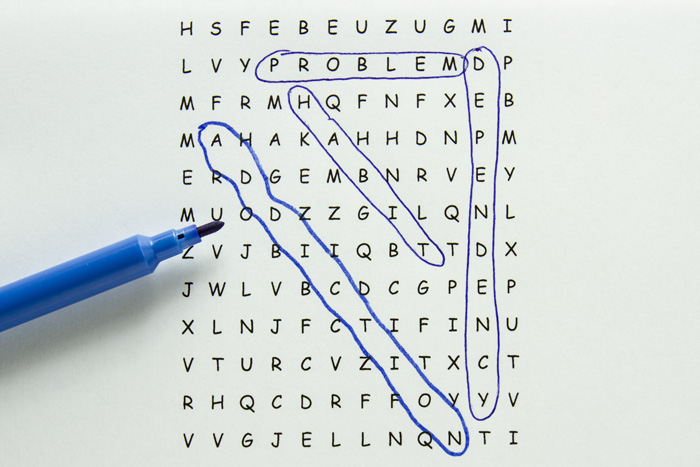Usually when we hear the word “addiction,” we think of drug addiction.
While drug abuse is one of the most common addictions, there are others that cause people to experience severe difficulties. According to the National Center on Addiction and Substance Abuse (CASA), approximately 16% of the U.S. population ages 12 and over has a substance use problem.
Substance addiction can include many different culprits, such as alcohol, illicit drugs, prescription drugs, over-the-counter medications, misused household chemicals/products, and nicotine.
The short definition of addiction, as described by the American Society of Addiction Medicine, is as follows:
Addiction is a primary, chronic disease of brain reward, motivation, memory, and related circuitry. Dysfunction in these circuits leads to characteristic biological, psychological, social, and spiritual manifestations. This is reflected in an individual pathologically pursuing reward and/or relief by substance use and other behaviors. In even simpler terms, an addicted person is sick in a way that makes them behave abnormally, seeking out that which is destroying them.
There are different types of addiction other than substance/drug addiction. Most of these other addictions classify as behavioral addictions. Also called “process addictions,” behavioral addictions are characterized by the person’s compulsive behavior that leads them to continually engage in activity that is having an adverse impact on their life. Some more typical examples of this type of addiction are gambling, sex, shopping, gaming, exercising, and eating.
Some research suggests that there are similar changes in the brain, similar behaviors, and common risk factors in both substance addiction and process addiction.
Also, individuals suffering from substance addiction are often dealing with more than one addiction. As reported by CASA, among people with a substance problem, nearly 1 in 5 have multiple substance disorders.
Addiction touches the lives of many people. If you or someone you know is struggling with addiction, please reach out and speak to someone who can help.
References
American Society of Addiction Medicine. (n.d.) . Definition of Addiction. Retrieved January 2017.
CASAColumbia. (2012). Addiction medicine: Closing the gap between science and practice.
Shaffer, H. J., LaPlante, D. A., LaBrie, R. A., Kidman, R. C., Donato, A. N., & Stanton, M. V. (2004). Toward a syndrome of model addiction: Multiple expressions, common etiology. Harvard Review of Psychiatry, 12(6), 367-374.










